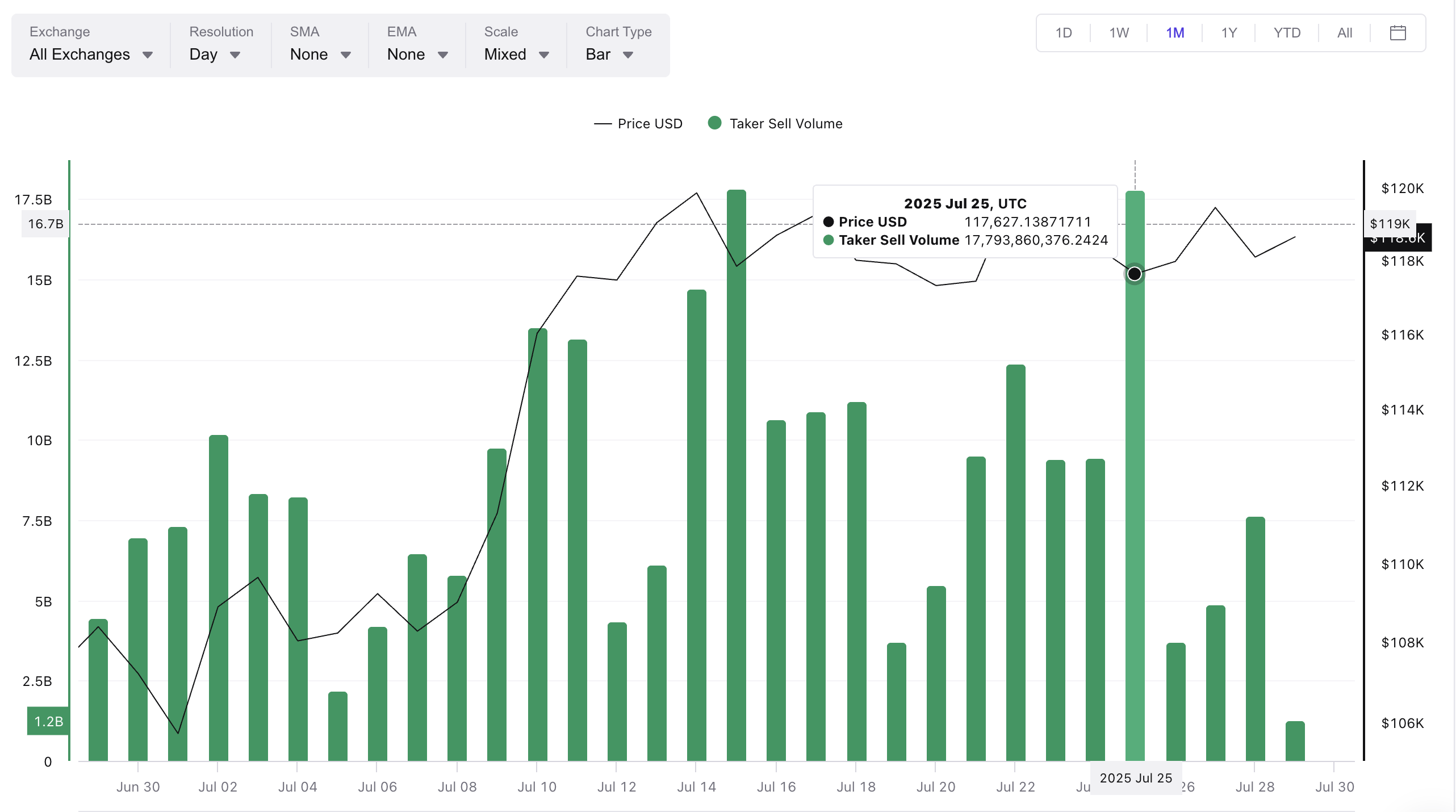LAST UPDATE: 11.00
European stock markets have been reeling from the positive signs of the past two days, trying to recover from the losses of recent weeks by finding resistance in today’s session amid concerns about the course of the world economy affected by persistently high inflation and aggressive monetary policy. central banks.
Europe does not seem to be following the rally in the US during yesterday’s session, with the Dow jumping 618 points or almost 2%, after a week of strong losses. The S&P 500 was up 1.9% and the Nasdaq was up 1.6%.
Today, the President of the European Central Bank Christine Lagarde stated that sees the ECB deposit rate at zero or “slightly higher” by the end of September, indicating an increase of at least 50 basis points from the current level.
Her comments sent the euro higher against the dollar as markets anticipated higher interest rate hikes this summer to fight record inflation.
Meanwhile, Spanish Prime Minister Pedro Sanchez said his country – and southern Europe in general – could provide the answer to the lack of gas supplies from Russiaas the region seeks to step up sanctions against Moscow.
“Spain and, I would say, southern Europe will have a chance to give an answer to this energy dependence on Russia,” Sanchez told CNBC at the World Economic Forum in Davos late Monday.
In this climate, the pan-European index Stoxx 600 loses 1.2% to 431 points, with utilities recording the biggest losses with a “dip” of 2.4%.
In the individual dashboard, the German DAX falls by 1.3% losing 14,000 points, the French CAC 40 slips by 1.65% to 6,250 points and the British FTSE 100 records losses of 0.9% at 7,450 points.
In the periphery, the Italian FTSE MIB the Spaniard loses 1.3% to 23,830 points IBEX 35 is at -0.8% just above 8,500 units.
In the individual shares The British electricity company Drax Group sank more than 12%, after Citi downgraded its share recommendation to “sell” from “neutral” and cut the target price.
In macro of the day, business activity slowed in the euro area but remained strong as the cost of living hit the purchasing power of consumers, while the lack of raw materials prevented it from expanding into manufacturing. S&P’s composite PMI, which is considered a good driver for financial health, fell to 54.9 points in May from 55.8 points in April, lower than estimates for 55.3 points.
In addition, mood among German exporters improved in May despite the problems in the supply chain that prevail in the industry. According to a survey by the Ifo Institute, the export expectations index rose to 4.5 points from 3 points in April.
In France, business slowed slightly in May compared to the previous month, as inflationary pressures offset climate improvement from fewer coronavirus restrictions. S&P Global said the French services PMI stood at 58.4 points, down from 58.9 points in April. France’s manufacturing PMI for May fell to 54.5 points from 55.7 points in April, and also lower than estimates for 55 points.
The general trend of the stock indices in the Asia-Pacific region is down on Tuesdayas inflation worries overwhelmed the optimism raised by US President Joe Biden’s comment that his government is considering reducing tariffs on goods and products imported from China.
Source: Capital
I am Sophia william, author of World Stock Market. I have a degree in journalism from the University of Missouri and I have worked as a reporter for several news websites. I have a passion for writing and informing people about the latest news and events happening in the world. I strive to be accurate and unbiased in my reporting, and I hope to provide readers with valuable information that they can use to make informed decisions.







